Stretch! Sit! Stand! While working from home, you have to be flexible and adapt to changing circumstances. We’ve gathered all of our tips in one post for you to reference!
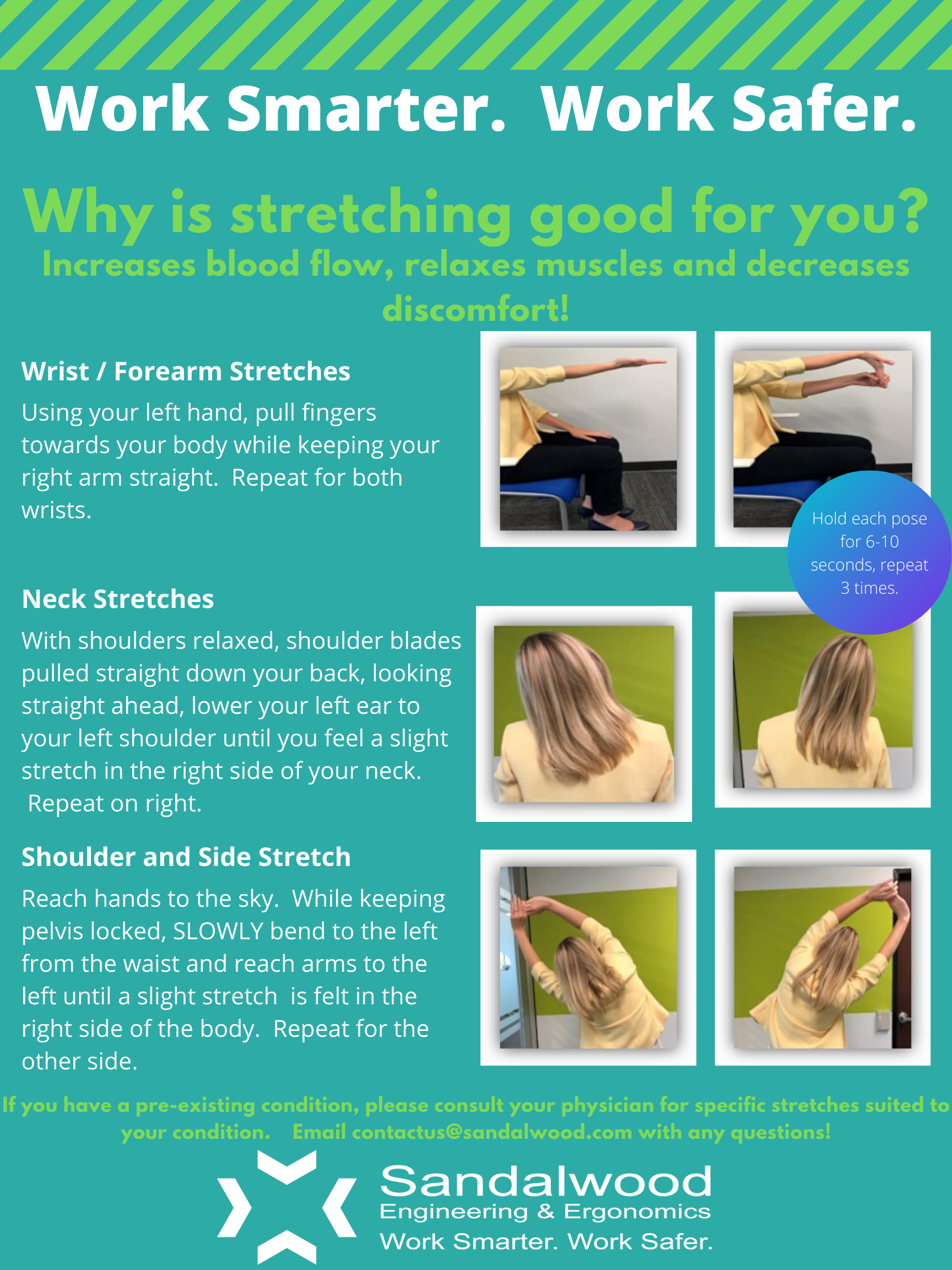
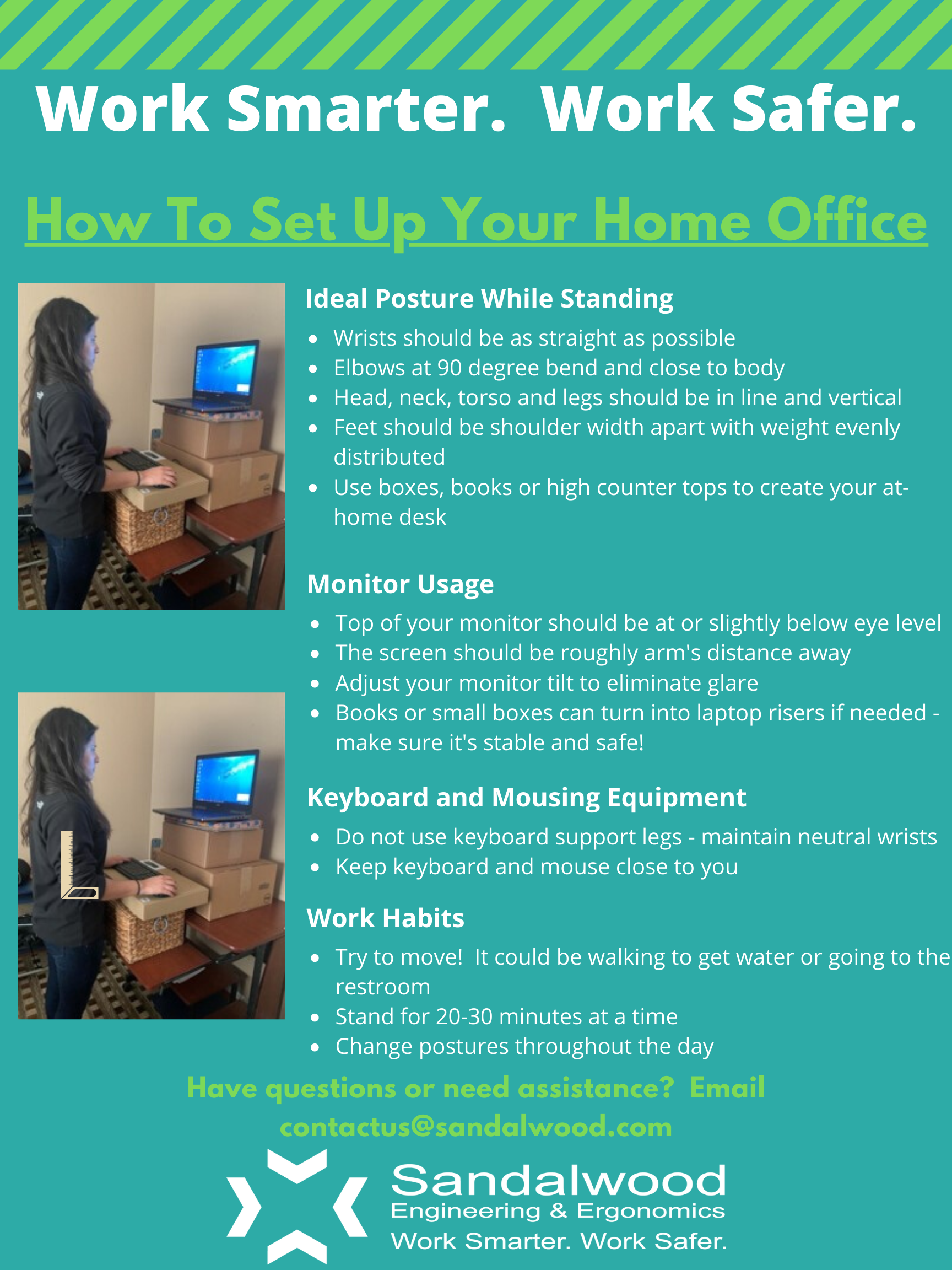
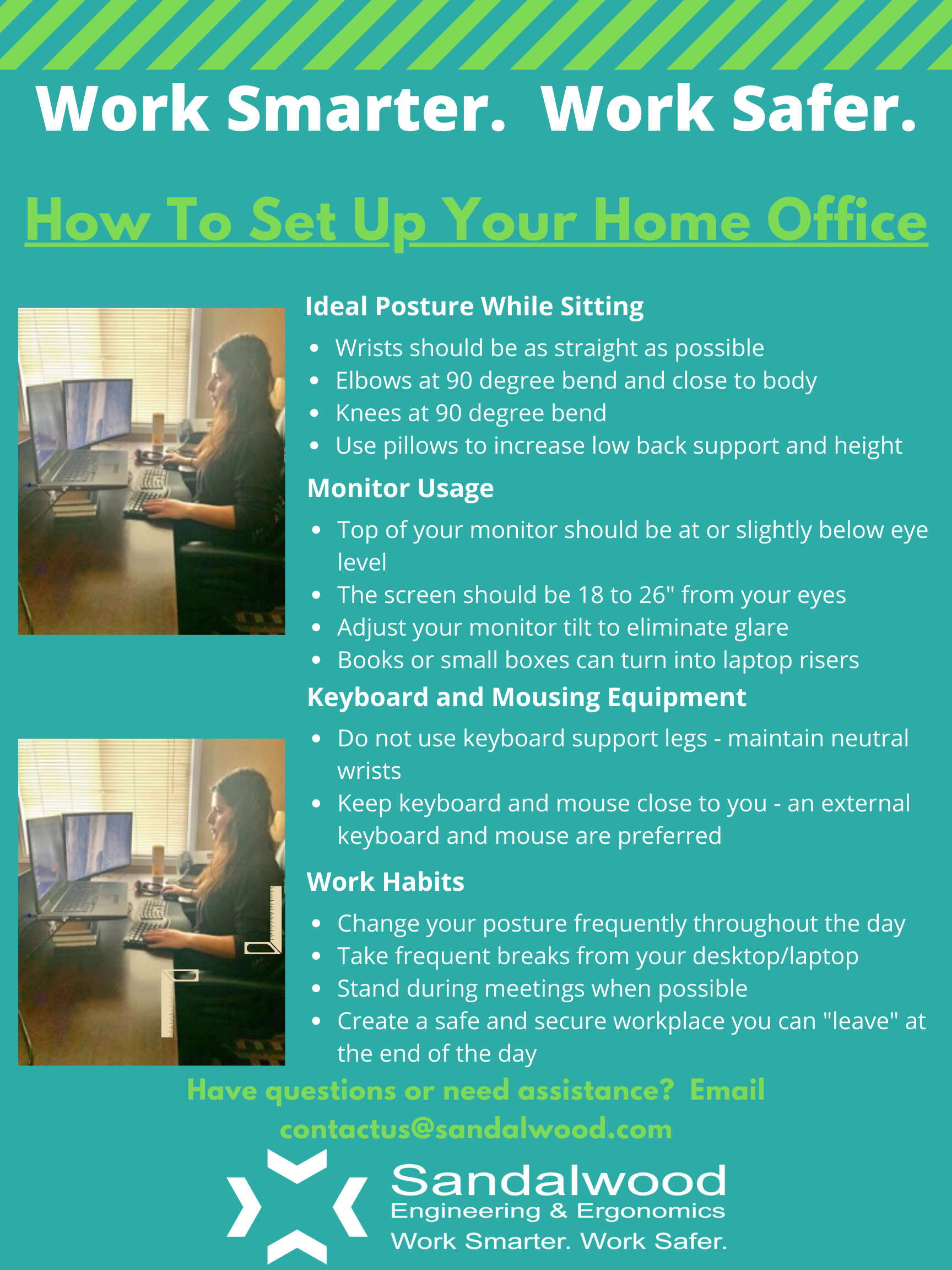
Mar 31, 2020






Good ergonomic practices can improve employee health, productivity, moral, costs, and quality. It is important to first identify hazards and analyze risk of injury. Once a risk is understood, solutions can be developed to mitigate its effects on the employee and the company.
Work-Related Musculoskeletal Disorders may emerge as a result of poor ergonomic practices. These disorders can result in costs for both the employer and worker. Examples of these costs include medical visits, worker’s compensation payments, absenteeism, loss of productivity, and increased administration costs. A primary contributor to this can be inadequate or un-optimized workstation design.
Aches and pain are not a “normal” part of the job and can often slow the operator or lead to degradation in quality. Ensuring an optimized workstation will improve operator efficiency and product throughput and significant impacts on the bottom line.
Do you or your employees experience any pain or discomfort in these areas?
Sandalwood’s team of ergonomists and industrial engineers can leverage new technology to review and assess workstations on site or remotely to reduce the risk of injury!
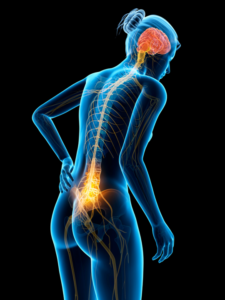
Employee health and safety isn’t just important, it’s the law. Good employee health and safety can improve productivity, morale, costs, and quality. We work to provide for ourselves and our families, so it’s important we stay safe and healthy while doing so.

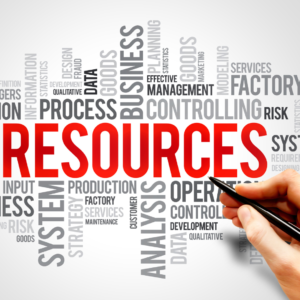 Why Sandalwood?
Why Sandalwood?We are the experts. Members of our Injury Prevention team live health and safety and it’s ingrained in the whole of what we are, what we do, and what we value. We also have a vast variety of tools and resources at our disposal.
Sandalwood is comfortable, confident, and able to provide support virtually and/or in person. Our team members are aware of the times we are all living in and have adapted. We can meet and provide information over the web and/or with our boots on the ground at a client facility.
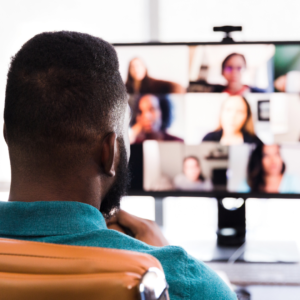
Work-Related Musculoskeletal Disorders (WMSD’S) can emerge as a result of poor ergonomic practices. These disorders can incur significant costs for both employers and employees. The primary function of job rotation is the reduce exposure time to risks that contribute to WMSD’s, which reduces overall incidence and severity of WMSD’s.
In addition, job rotation has been shown to:

Our job rotation projects include both on-site and virtual components.
In order to create effective job rotations that will have an impact on your workplace, our job rotation experts will come to your facility to help you determine which jobs can be included in a rotation and to collect all data relevant to our assessments.

Once our data collection is complete, our team will analyze the data to assign ratings to all the jobs to be included in the rotations. This allows us to pair high risk jobs with low risk jobs and ensure that the physical demands of each rotation vary significantly between each job. Rotation schedules can be created for multiple scenarios (two-way, three-way and four-way rotations) to provide employers with multiple options or rotation schedules can be created for a specific scenario dictated by the employer. Once completed, our analyses and rotation schedules are presented to our customers for review and feedback. Lastly, we can support the implementation of job rotation schedules either on-site or virtually.
 We are a one-stop-shop for launching job rotation for any employer from conception to implementation. Our experts tailor our services to meet the needs of our customers by collaborating with them throughout the entire process. We do not offer cookie cutter solutions for job rotation because the needs of employers vary significantly.
We are a one-stop-shop for launching job rotation for any employer from conception to implementation. Our experts tailor our services to meet the needs of our customers by collaborating with them throughout the entire process. We do not offer cookie cutter solutions for job rotation because the needs of employers vary significantly.
 Why Sandalwood?
Why Sandalwood?Work-Related Musculoskeletal Disorders emerge as a result of poor ergonomic practices. These disorders can result in costs for both the employer and worker. Examples include medical and worker’s compensation payments, absenteeism, loss of productivity, and increased administration costs. One main culprit of these disorders is not having suitable and standardized office furniture and equipment for employees.

Do you or your employees experience any pain or discomfort in these areas?
Experiencing aches and pains while working is not a “normal” part of the job. Proper ergonomic practices can help alleviate and eliminate these unpleasant ailments. After all, you spend 40+ hours per week working, why not make it pain free?
If you start to experience discomfort, listen to your body as it is trying to tell you something and address things as soon as possible.

Does your organization need project assistance in any of these areas?
No project is guaranteed to be a home run, but a strong array of Project Management tools can increase organizational confidence in a successful outcome.
1 – PWC. (2012). Insights and Trends: Current Portfolio, Programme, and Project Management Practices.
2 – The Standish Group International, Inc. (2015). CHAOS Report 2015.
Sandalwood Project Management services can be rendered either in-person or virtually. Solutions typically take the shape of one of two standard approaches or a combination which is largely determined by the structure of the customer organization. Both approaches begin with a needs analysis workshop to determine the requirements and scope of support to be provided.
The PMO approach provides support to an organization that already has a project focused structure. Sandalwood will provide existing project teams with PMO services through staff and solutions that will enhance project transparency and actively reduce risk.
This is done through a subset of practices including implementation of a Project Management Information System (PMIS) or adaptation of an existing organization PMIS, KPI development for project monitoring/controlling, and design of stakeholder communication strategies (working team up through executive level).
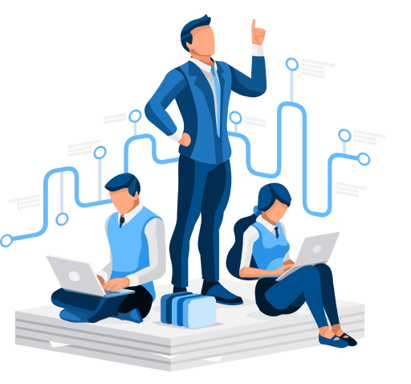
The Cross-Functional approach provides support to functional-centered organizations. Sandalwood provides trained Project Managers who will become integrated within functional teams and work to manage projects from within.
This is done through methods such as implementing Project Management best practices within the functional teams, and centralizing information into a Project Management Information System (PMIS) for use by a PMO.
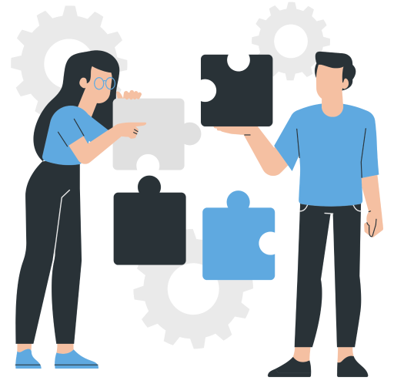
 Sandalwood is pleased to offer solutions above and beyond the traditional ergonomic assessments. With an in-depth knowledge of various digital human modelling software suites, integration and adoption to your health and safety programs has never been easier. Sandalwood is experienced in ergonomic program design as well as industry leaders in digital human modelling services. We have a diverse team that is able the leverage the results from the digital human model to provide in depth risk assessments of future designs and current state. Sandalwood is also able to pair these assessments with expertise and provide guidance on the best solution for you. Sandalwood is also on the forefront of emerging technologies and able to integrate Motion capture, Wearables, and extended or virtual reality into your ergonomic program.
Sandalwood is pleased to offer solutions above and beyond the traditional ergonomic assessments. With an in-depth knowledge of various digital human modelling software suites, integration and adoption to your health and safety programs has never been easier. Sandalwood is experienced in ergonomic program design as well as industry leaders in digital human modelling services. We have a diverse team that is able the leverage the results from the digital human model to provide in depth risk assessments of future designs and current state. Sandalwood is also able to pair these assessments with expertise and provide guidance on the best solution for you. Sandalwood is also on the forefront of emerging technologies and able to integrate Motion capture, Wearables, and extended or virtual reality into your ergonomic program.
Whether in-person or virtual, our services can be tailored to provide the greatest value to your organization and employees.
The ergonomist will meet on-site to review the workspace and work on site to collect the required data for assessment. Depending on the nature of the tasks our team can identify the best assessment methodology to capture the inherent risk of a job or task. This can include capturing work with Motion Capture devices or wearables to understand the physiological demands.
The ergonomist is able to work with the employees if desired to coach on best ergonomic practices for setting up elements in the workstation to meet their individual needs.
Finally the ergonomist will create and deliver a report that includes what was identified, assessed and discussed as well as recommendations for moving forward.
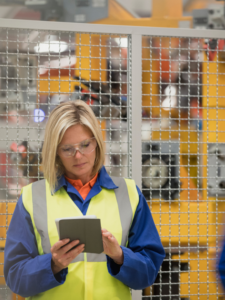
Here at Sandalwood we are industry leaders in upfront design and assessments. The ergonomist is able to work down a series of paths which include the assessment of 3D modelled designs prior to purchase or delivery of the final product. With augmented or virtual reality Sandalwood can leverage its knowledge of assessment tools to understand the demands of the job prior to bringing it into reality.
The ergonomist is able to assess for a wide variety of anthropometries and select those that best represent your workforce. A detailed report outlining areas of risk and recommendations would be created and delivered.
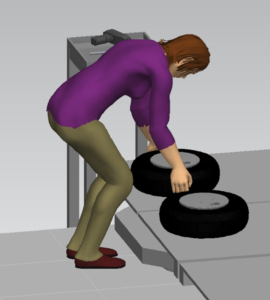
Whether virtual or in-person, our training and assessments can help an employee understand and practice proper ergonomics.
Training content is developed and reviewed with customers to meet their areas of interest and it is delivered on the client site.
Ergonomist meets on-site to interview and assess the employee’s workspace. Coaching on ergonomic practices is provided to facilitate employee understanding.
The ergonomist will create a report that includes what was discussed in the assessment as well as recommendations for moving forward.

Training content is developed and reviewed with customers to meet their areas of interest and it is delivered virtually.
Employee will send photos of their workspace to be reviewed by an ergonomist. The ergonomist will then meet individually with the employee to review pictures and use their expert judgement to provide feedback tailored to their needs. Proper ergonomic training is given to employees during the 1:1 session. The ergonomist will create a report that includes what was discussed in the assessment as well as recommendations for moving forward.
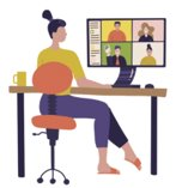

We are a one-stop-shop for a “not one solution for everybody” problem. Offer in-person and remote services. With our experience in an array of different industries, we are able to develop solutions to a multitude of ergonomic problems, and in turn, tailor those solutions to meet individual needs.
Sandalwood ergonomists are experts in office ergonomics and can offer proactive and reactive solutions to reduce the risk of injury.